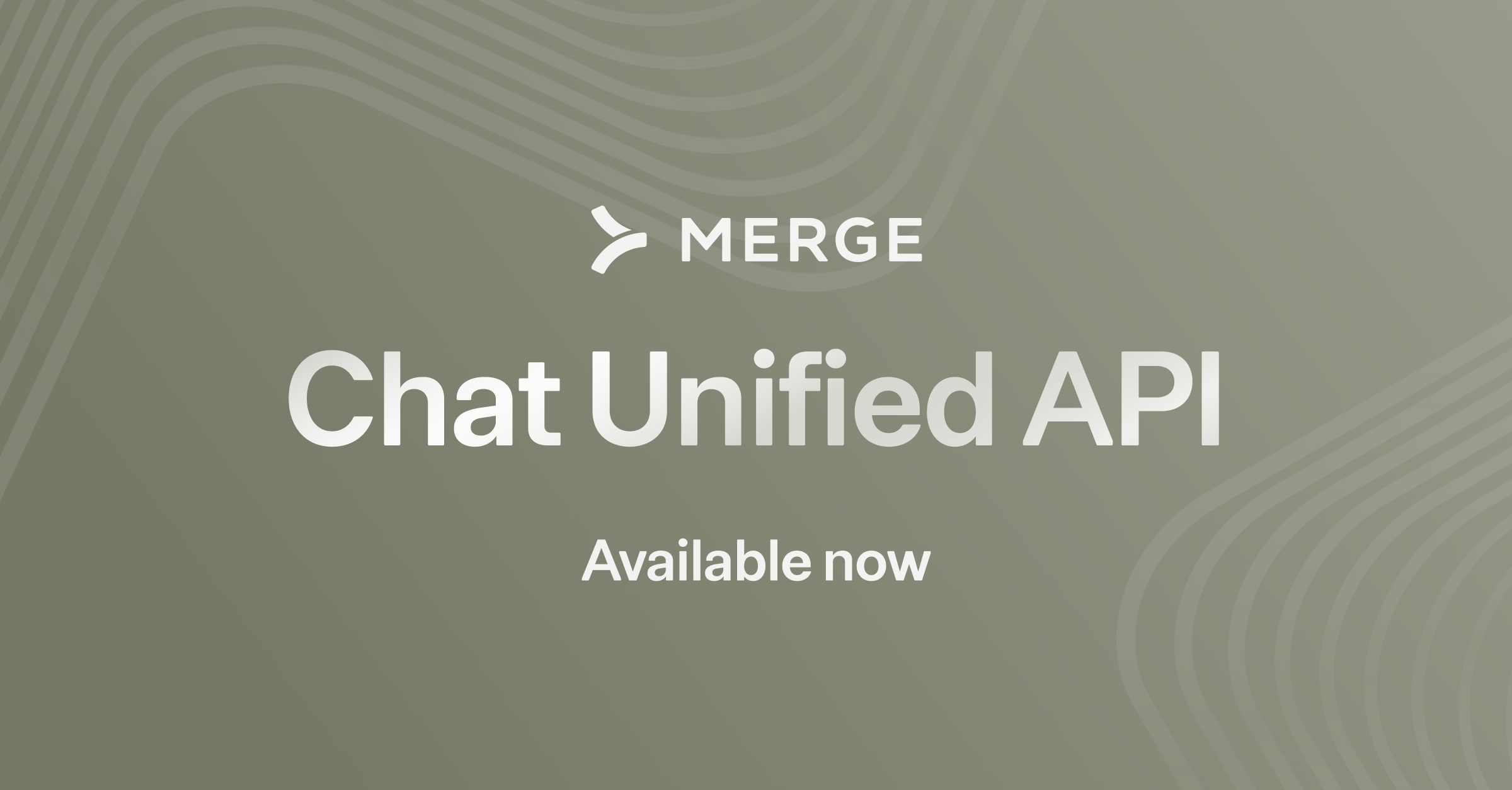Table of contents
API aggregator: what it is, why it’s important, and examples

As your clients adopt an ever-growing number of SaaS applications, the need to integrate them with your product will only grow.
You have a few options in building product integrations, such as developing them in-house, using an embedded integration platform as a service (iPaaS), or using an API aggregator (also known as a unified API solution).
For the purposes of this article, we’ll drill down on API aggregators. More specifically, we’ll cover what they are, why they’re valuable, and share a few examples.
API aggregator definition
An API aggregator is a 3rd-party solution that offers a single API for communicating with the APIs of multiple applications in a given software category (e.g. CRM). Each aggregated API uses a common model to normalize and sync data between your product and the 3rd-party integrations.

{{this-blog-only-cta}}
The benefits of API aggregation
While there are several benefits we can point to, here are some that stand out:
1. Competitive differentiation
As prospects evaluate your product against others, one of their consideration criteria is likely around the specific integrations you offer and the depth of those integrations.
API aggregators can help you move ahead of your competitors in both the breadth and depth of integrations you provide—in turn, giving you a leg up during evaluations and allowing you to win more deals.
Similarly, as analysts, such as Gartner, review your market when putting together 3rd-party reports, your ability to integrate at scale via API aggregators can make all the difference in earning favorable reviews.
Related: What is API aggregation?
2. Market expansion
As you look to move upmarket and increase your presence in additional regions and industries, your product integration requirements will likely differ. For instance, you might find that your clients and prospects in the U.S. often use Greenhouse and Jobvite as their applicant tracking systems, while in Europe they use Monday.com and BambooHR.
Using an API aggregation solution, you can easily meet the unique integration demands of different markets, and in doing so, experience less friction when fighting for market share.
3. Customer retention
Product integrations allow your users to get more value from your product in a number of ways, from auto-provisioning and deprovisioning users to powering AI and Machine learning features to improving your analytics capabilities. It’s little surprise then that adding just a single integration can lift customer retention by 10-15%.
4. Customer expansion
Similar to the last benefit, product integrations can influence clients to spend more with you, whether that’s upgrading to a more expensive subscription that includes integrations, purchasing integrations as add-ons, etc.
Research proves that this extends beyond theory: Customers are willing to spend anywhere from 10-30% more for vendors that provide at least one integration.
5. Engineering productivity
Since API aggregators allow developers to only build to a single API—as opposed to building to the APIs of each application they want to integrate with—, they’re able to save countless hours. In addition, using a unified API platform like Merge, your customer success team can leverage integrations management features that let them monitor clients’ integration activities, identify issues, and help end-users resolve them—all without involving your engineers.
Related: What is a universal API?
API aggregator examples
Unified API vendors often specialize in specific categories. For example, in the HR technology market, you might come across Finch and Kombo; in the fintech space there are vendors like Rutter and Fuse; in the construction industry there’s Agave; in the email domain there’s Nylas; in the travel industry there’s Duffel—and so on.
While it may seem sufficient to pick a unified API vendor that offers integrations with the software vertical that’s relevant to your business today, your needs will likely expand to include additional categories.
Merge, the leading unified API platform, addresses this head on by offering 7 unified API categories (and growing).
The platform also provides comprehensive common models for each category—along with the ability to sync custom objects and fields; robust integration management capabilities for your customer success team; SOC 2 Type II, ISO 27001, and HIPAA certifications, and much, much more.
To learn more about Merge and see it in action, you can schedule a demo with one of our integration experts.



.png)






